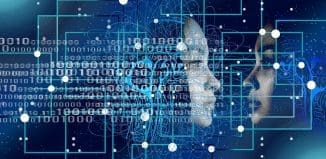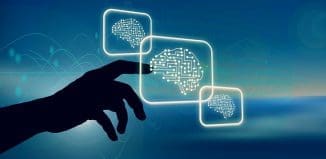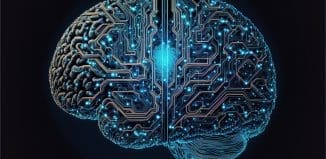Artificial Intelligence Tool Will Guess Passwords
This post is also available in:  עברית (Hebrew)
עברית (Hebrew)
How can you guess a password in an efficient way? A new application of artificial intelligence and deep learning in the field of information security focuses on passwords. Researchers from the Stevens Institute of Technology and the New York Institute of Technology have recently published results from their work using Generative Adversarial Networks (GANs) to generate password guesses at a better rate, they said, than existing tools.
By opting for these powerful analytical tools, the researchers said they can use machines to learn from existing data, such as any of the millions of passwords leaked in the last 18 months, and develop new password rules that not only improve the efficiency of the pen-testing tools, but also could someday be the primary tool used to recover or guess passwords.
“Let’s say tomorrow there is another password leak; if you’re building rules manually and you want to take advantage of that knowledge from the leak, you have to get people to go through it and see what is not matched.. It’s a manual work,” said Paolo Gasti of NYIT, one of the researchers involved. “What we are doing instead is we take the password dump, give it to the tool and let it run for a day, a week or a month and you’re done. You’ve already learned as much as the tool can learn from this new dataset.”
PassGAN technology “represents a substantial improvement on rule-based password generation tools because it infers password distribution information autonomously from password data rather than via manual analysis,” the researchers wrote. “As a result, it can
effortlessly take advantage of new password leaks to generate richer password distributions.”
According to threatpost.com, GANs are deep-learning tools that are made up of two deep neural networks: generative and discriminative. The deep learning is used in many applications to generate something new from a dataset (i.e, scanning thousands of images of faces or rooms to create a new, unique image). Gasti said this may be the first application of GANs in security, and their intent was to teach the deep neural networks what user-chosen passwords look like without providing the network any context, such as personal information like dates of birth or pet names which users often combine when forming what they believe are complex passwords.
“We are not providing any information, just blindly giving a set of passwords to the machine, and the machine is figuring out what a password is. The idea is that this machine will go through these passwords hundreds of thousands of times and every time it runs through them, it learns something new, some new relationship between components of a password,” Gasti said. “The hundred-thousandth pass might be ‘I’ve identified this word and numbers and know the relationship between them and the probability that binds them.’
Ideally, a fast cluster of machines could analyze millions of passwords for a month, for example, and extract rules that a manual process could never generate, he said.





























